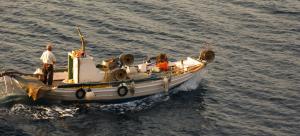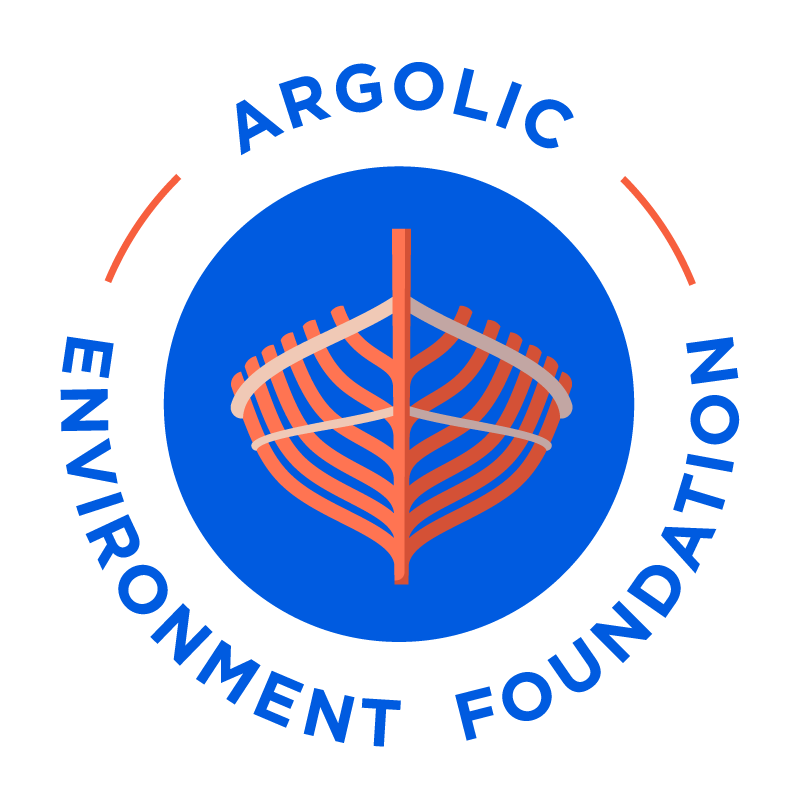
Grants
Marine Ecosystem Protection and Regeneration
Fishermens’ Tales: Oral Histories of the Argolic Gulf
€5000 awarded
Project Status: 2022 – COMPLETED
The AEF ssupported Istorima in its efforts to collect first-hand oral accounts of veteran fishers in the Argolic Gulf.
Istorima is the largest oral history project ever undertaken in Greece, realized with a funding grant from the Stavros Niarchos Foundation. In total Istorima aims to collect 50,000 stories from all around Greece. The organisation is the co-creation of the historian Katherine Fleming and the journalist Sofia Papaioannou.
As part of this ambitious undertaking and with partial funding from the AEF, researchers employed by Istorima will visit the Argolic Gulf in order to interview veteran fishers and others who have been active in the gulf over several decades. A key aim will be to collect first-hand accounts of the changes observed in the gulf’s marine ecosystems.
It is anticipated that approximately 20 such accounts will be collected from fishing ports throughout the gulf; these will be recorded (audio) and transcribed. The accounts will subsequently be made freely available to the general public on the website archive.istorima.org (scheduled to be launched in the spring of 2022) and on the website and social media accounts of the AEF.
What can veteran fishers tell us about the Argolic Gulf?
As multiple international reports have established, overfishing and marine ecosystem degradation are problems that continue to affect the entire Mediterranean region. The Argolic Gulf is no exception to this overall trend, as first-hand accounts from active fishers and other indicators confirm.
Yet despite the importance of the gulf’s ecological health to the local economy (and in particular the tourism economy), very few scientific studies have ever been conducted to assess the overall health of the gulf and its fish stocks.
As such, there is an almost complete lack of historical data regarding the abundance of different species in the gulf, and how this has changed over time.
Imperfect as they may be, the memories of elderly fishers – individuals who have been active in the gulf on an almost daily basis over decades – thus comprise arguably the best depositories of such information. Yet with every year that passes, fewer and fewer such individuals remain.
At the same time, younger generations who either live in or visit the region (including younger fishers) often do not have an accurate sense of the abundance that the gulf had only a few decades ago.
This phenomenon of “shifting baselines” was first described by Daniel Pauly in 1995 and has since received broad recognition in field of marine environmental science, including in a 2005 paper by Andrea Sáenz-Arroyo, Callum M Roberts et al. who sought to quantify the effect. They write:
“…the phenomenon is general and applies to all sectors of society. As one generation replaces another, people’s perspectives change such that they fail to appreciate the extent of past environmental modifications by humanity.”
The project “Fishers’ Tales: Oral Histories of the Argolic Gulf” will thus seek to record and preserve anecdotal evidence of past abundance before this is lost forever.



